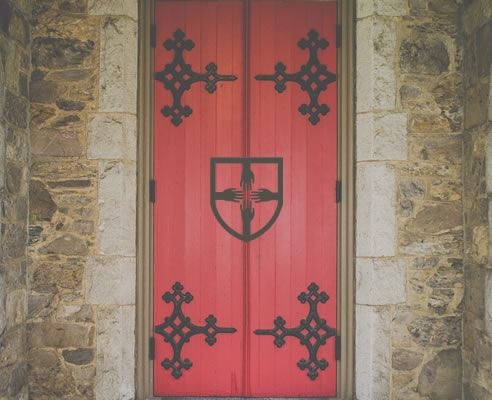In his book, Walden, Henry David Thoreau wrote: “Not till we are lost, in other words, not till we have lost the world, do we begin to find ourselves, and realize where we are and the infinite extent of our relations.
I spent five weeks in a four-week treatment program followed by a year of individual therapy and “Aftercare” group counseling. I “graduated” from the in-patient program. A graduate from a treatment program for alcoholism. Years later I reflected on this and though I was not unlike the students who graduate from high school and still cannot read or write. I still did not believe I was an alcoholic.
I “completed” steps one through five before I graduated. and I knew I cheated on all of them. How could I admit to being an alcoholic when I knew perfectly well that I had control of it. Well, most of the time.
I was employed, had my own transportation, and a roof over my head. How in the wide world could I be an alcoholic. I had not lost anything. Nothing like the other folk in treatment with me. They were real alcoholics.
In the first eighteen months post treatment, I experienced divorce, becoming a single dad to a thirteen-month old baby girl, and having to relocate. My life, as I later looked back on it, was now on shifting sand and I was still in denial. As Pooh says, “I’m not lost. I’m right here.” I was not lost.
It is fascinating what can happen when we begin to really listen to others and to ourselves at meetings both inside AA and those meetings in the coffee house down the street afterward.
Men I did not know, knew me better than I knew myself. “Séamus you’re full of it,” I heard them say. I laughed and then, inside I cried. Life as I knew it was eroding around me and within me and I had no language skills to ask for help.
Four years passed and I was busy looking for a mother for my child instead of a partner for life. I went to meetings. I didn’t drink or do drugs. I became addicted to unhealthy relationships, to nicotine, to food. I kept myself busy in order to seem to be in control of my life. I was given a book on Adult Children of Alcoholics to read and, despite my initial negative attitude toward the topic, I read it and sought help. If I were to put my life back together, I had to understand life before I began to drink. Oh, I was an alcoholic in waiting. I really needed to redo the steps I had already redone, and this time be honest, totally honest with no one but myself and God. That’s when I realized I had “lost the world” in which I pretended to live. I was but a shell of a human being. I had no values, and my spiritual life was nonexistent despite all the prayers I had been saying.
With each step I came to grips with my powerlessness and unmanageability; I found a Higher Power and turned over my life to Her care. I outlined an honest fourth step and shared it and began to own up to having character defects for which I needed help to remove. I began to find myself as I opened up to self, God and others. It was then I realized something which I found in an article I read: “Healing can take a long time. But it can begin, perhaps, with a willingness to just sit in the dark and open our hearts,”
Honesty, Open-mindedness, and Willingness. It was there in front of me all this time, but I was lost in my own world and did not see it. Cliches became life supports: let go and let God, one day at a time, keep coming back. I am an alcoholic. I am right here where I belong.
As I began to travel, I learned of “the infinite extent of our relations.” A.A. was everywhere and we all walked in each other’s shoes for most of our journey. I could go anywhere and was only a phone call away from a meeting. I could walk into a meeting anywhere, pour myself a cup of coffee and be at home within myself and with my companions on the road of recovery.
Today, I continue to be grateful I lost the world to which I once belonged and for all those who helped me find myself so I could then join them in helping those who seek help.
Séamus P. Doyle.
Séamus is a semi-retired Episcopal priest in the greater New Orleans area.
 In the early days of the Church, when the front door of the parish was painted red it was said to signify sanctuary – that the ground beyond these doors was holy, and anyone who entered through them was safe from harm.
In the early days of the Church, when the front door of the parish was painted red it was said to signify sanctuary – that the ground beyond these doors was holy, and anyone who entered through them was safe from harm.